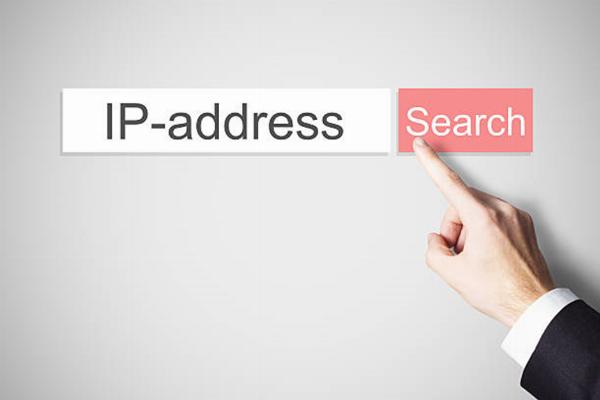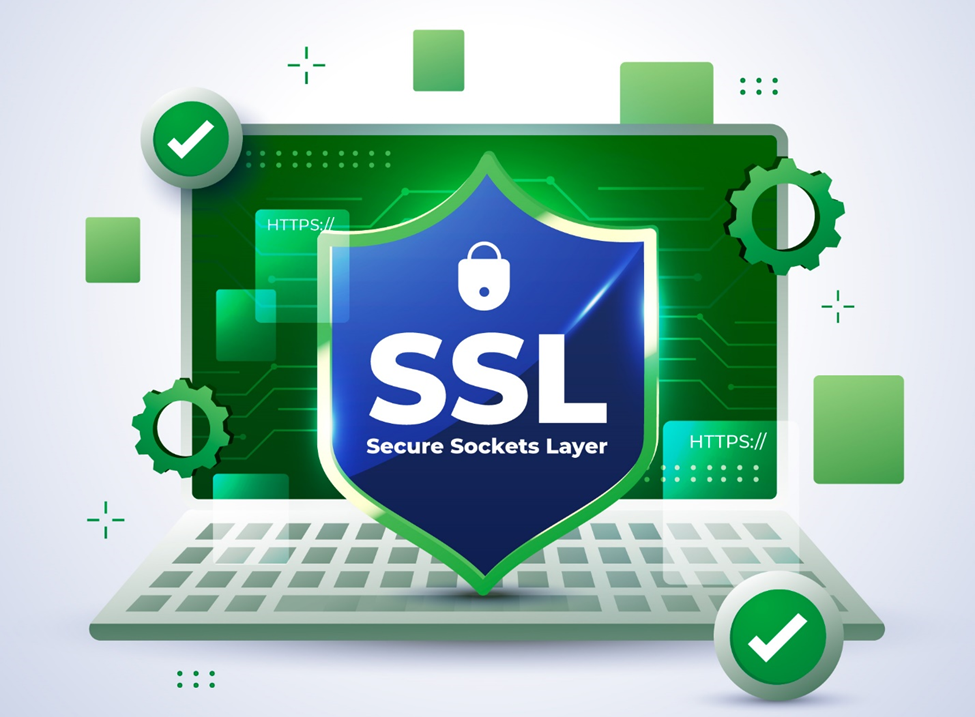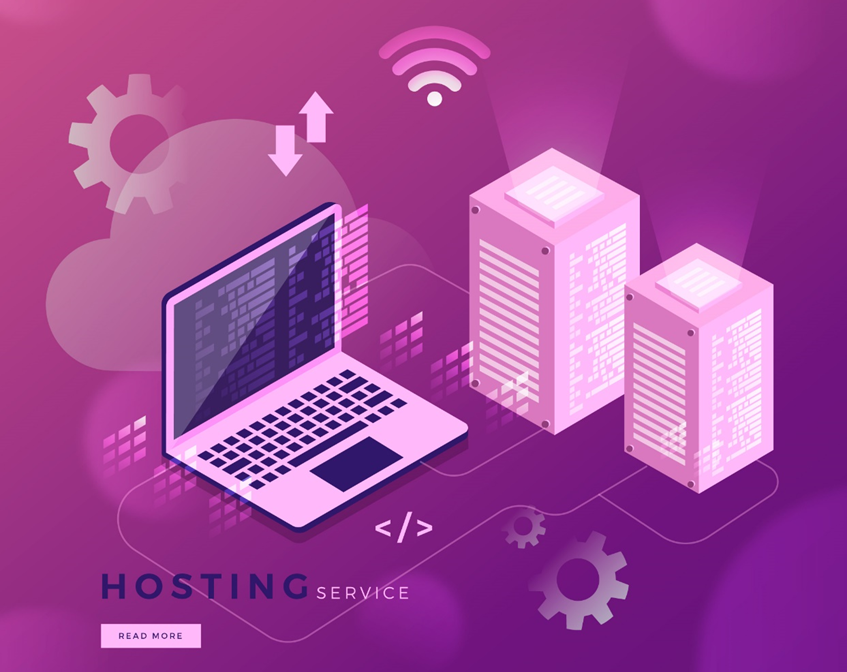What is an IP address and why is it important?

Strong 8k brings an ultra-HD IPTV experience to your living room and your pocket.
An internet protocol address, or IP, is a numerical value issued to a network device and used to locate and identify it.
Every kind of network equipment has an IP address allocated to it. It could be a website, computer servers, IP cameras, IP phones, laptops, desktop computers, cell phones connected to a wireless network, or any combination of these. Every internet-connected toy for kids has an IP address associated with it.
What is an IP address-
A device can be uniquely identified on the Internet thanks to its IP address. Internet Protocol, or IP for short, is a set of guidelines defining how data is managed on the Internet.
Therefore, an IP address is a number that is either permanently or temporarily assigned to identify a device on the Internet. The organization that oversees IP addresses globally, ICANN (Internet Corporation for Assigned Names and Numbers), defines this registration number.
The purpose of an IP address?
The foundation of the Internet data routing system is an IP address, which is a computer network's unique identification. Through the use of IP addresses, two computers may communicate and identify one another while transferring data over the Internet.
In actuality, in order for a device to interact with other devices and receive data packets from them, it must have an IP address, whether it is connected to an internal or external network.
How an IP address work?
IP helps to understand how IP address’s function, whether you want to troubleshoot why your network might not be functioning, or you would anticipate.
Internet Protocol communicates using predetermined rules to transfer data, much like any other language. Using this protocol, all devices locate, send, and exchange data with other linked devices. Any computer, anywhere in the world, can communicate with any other computer by using the same language.
IP addresses are usually used in a background context. This is how the procedure operates:
• Your device makes an indirect connection to the internet by first establishing a connection with an internet-connected network, which subsequently provides your device with access to the internet.
• That network is most likely your Internet Service Provider (ISP) when you are at home. It will be your workplace network at work.
• Your Internet service provider (ISP) assigns your device an IP address. The ISP uses this address to route your online activities back to you. It is their responsibility to issue your gadget an IP address because they are the ones providing you with an internet connection.
• Your IP address might, however, alter. For instance, you can adjust it by turning on or off your router or modem. Altering it yourself is also an option; just get in touch with your Internet service provider (ISP).
• Your home IP address does not follow you when you take your device with you, whether you are traveling or otherwise out and about. This is due to the fact that you will be accessing the internet through a different network—the WiFi at a hotel, airport, coffee shop, etc.—and will be using a temporary IP address that has been allocated to you by the establishment's internet service provider.
Why the IP Address is important?
IP addresses are just as significant as a person's card or number for unique identification. It encourages innovation in the subject or fields that interest you as a user and guarantees security for your gains. An independent IP address is vital for any kind of website, be it a commercial, a blog, or even an educational one that aims to give college-bound kids helpful resources. One can only envision the arrival of novel channels of an ever-growing network, and since technology is evolving faster than the human DNA itself, we all need IP addresses to administer these networks down to the last user.
Because it would be very impossible to access your network without your house keys, IP addresses are therefore just as crucial as a dot on a Google map indicating your property. But keep in mind that, depending on your effort and inventiveness, employing it properly can bring you great fortune and prestige. Thus, the next time you open your browser, consider your PC's address for a moment—it deserves some thought, too!
Benefits of IP address-
1. Technical Expertise
Users frequently have a strong desire to learn about large startups and businesses, but their ignorance of the internet's particular realm is generally the obstacle in their way. And that's when things begin to circle back around, which brings us back to the initial point that was raised earlier.
2. Low Budget
For some people, setting up a separate server for their own domain could be a bother. A particular server is actually rather expensive. To overcome this issue, the majority of users typically move to shared domains, which give hundreds or even thousands of websites access to a single IP address.
How are IP addresses created?
The Internet Assigned Numbers Authority (IANA) uses an integrated system to automatically generate IP addresses. Internet service providers (ISPs) get IP address blocks from IANA, which are subsequently distributed regionally by regional internet registries (RIRs). ISPs generally use a method known as Dynamic Host Configuration Protocol (DHCP) to obtain unique IP addresses for each of their clients. Thanks to DHCP, devices can have an IP address allocated to them automatically when they connect to a network.
Technically speaking, IPv4 and IPv6 are the two primary versions of Internet Protocol (IP) that are used to produce IP addresses. IPv4 addresses are represented as 32-bit values in dotted-decimal format, but IPv6 addresses are written as 128-bit numbers in hexadecimal format. IANA, RIRs, and ISPs provide rules and protocols that devices must adhere to in order to receive unique identifiers for online communication.
Types of IP addresses-
1. Private IP address
Devices connected to a home or workplace intranet (also known as a local area network) or their internet service provider (ISP) are allocated a private IP address, also known as an internal-facing IP address. The private IP addresses assigned to connected devices from within the local network are managed by the router in the home or workplace. The router does this by mapping network devices' private IP addresses to public IP addresses.
By reusing private IP addresses across several networks, important IPv4 address space is preserved, and addressability is increased beyond the basic address limits.
2. Public IP address
An external-facing IP address, also known as a public IP address, is assigned to the primary device that consumers use to link their home or business internet network to their internet service provider (ISP). This device is often the router. All connected devices use the router's IP address to communicate with other IP addresses.
One must know the external-facing IP address to unlock ports used for online gaming, email and web servers, video streaming, and remote connections.
With the IPv6 addressing scheme, each potential device is given a unique identification with a distinct prefix that is assigned by the major network organization or Internet service provider. IPv6 allows for private addressing, which is referred to as Unique Local Addressing (ULA).
3. Dynamic IP address
When a router is configured, a network is automatically allocated a dynamic IP address. This dynamic IP addresses is distributed using the Dynamic Host Configuration Protocol (DHCP). The router that assigns IP addresses to networks throughout a house or an organization may be the DHCP router.
A new IP address is assigned to a user each time they log into the network, drawn from the pool of accessible (and unassigned) IP addresses. Throughout numerous sessions, a user may randomly switch between various IP addresses.
4. Static IP address
Static and dynamic addresses are synonymous for both private and public addresses. Static IP addresses are those that a user manually configures and fixes for their device's network. It is not possible to automatically modify a static IP address. A user account may be given a static IP address by an internet service provider. For each session, that user will be issued the same IP address.
Conclusion-
IP addresses are just as significant as a person's card or number for unique identification. It encourages innovation in the subject or fields that interest you as a user and guarantees security for your own gain. An independent IP address is vital for any kind of website, be it a commercial, a blog, or even an educational one that aims to give college-bound kids helpful resources. One can only envision the arrival of novel channels of an ever-growing network, and since technology is evolving faster than the human DNA itself, we all need IP addresses to administer these networks down to the last user.
Because of this, IP addresses are just as crucial as house keys—without which, gaining access to your network would be very difficult—or, to put it another way, just as significant as a dot on a Google map indicating your residence. But keep in mind that, depending on your effort and inventiveness, employing it properly can bring you great fortune and prestige.
Note: IndiBlogHub features both user-submitted and editorial content. We do not verify third-party contributions. Read our Disclaimer and Privacy Policyfor details.







